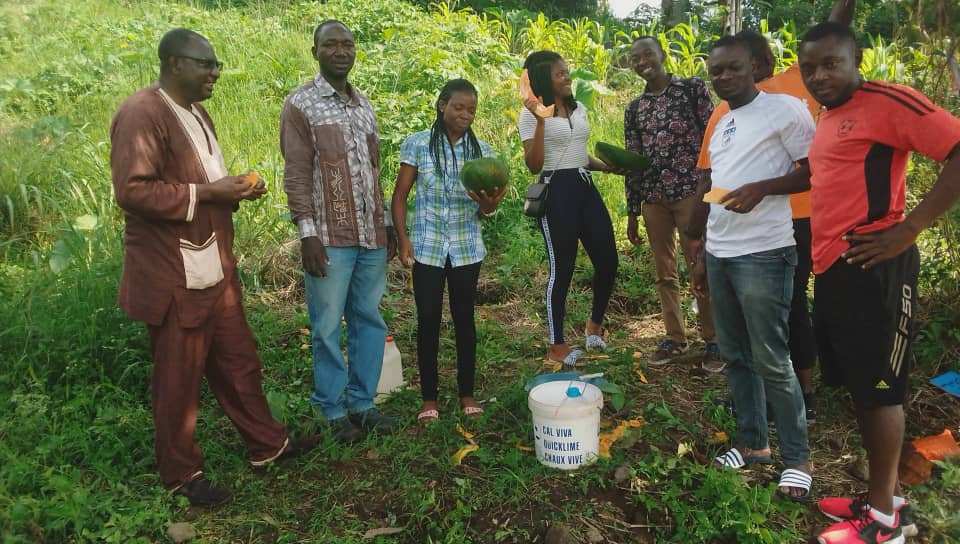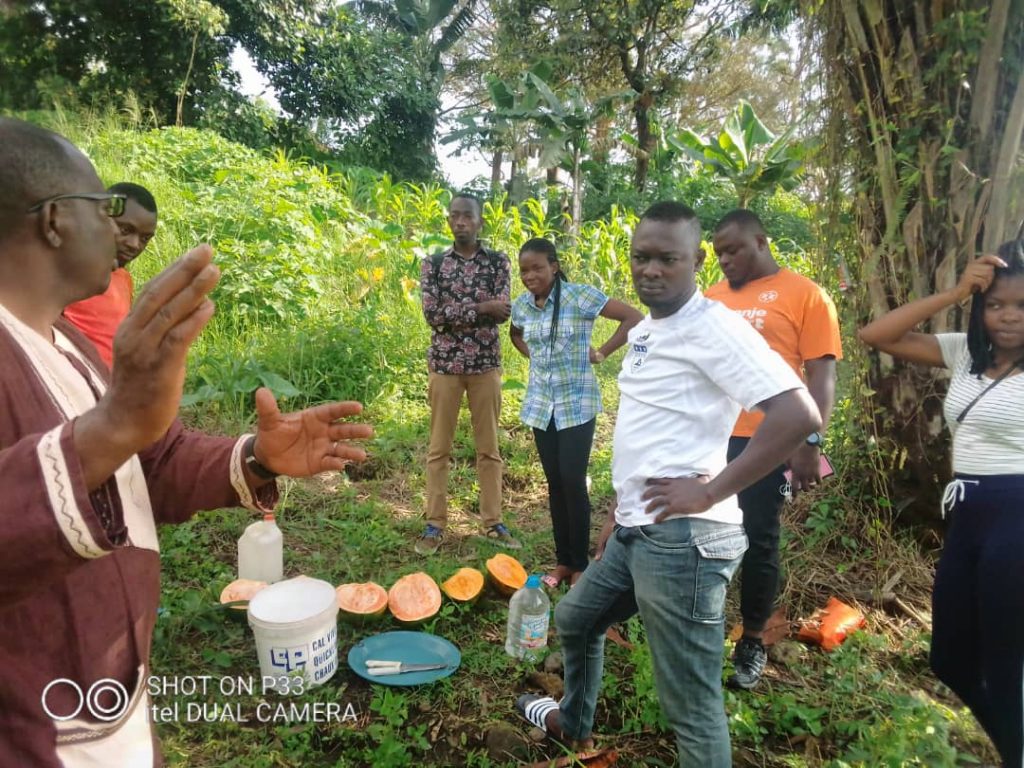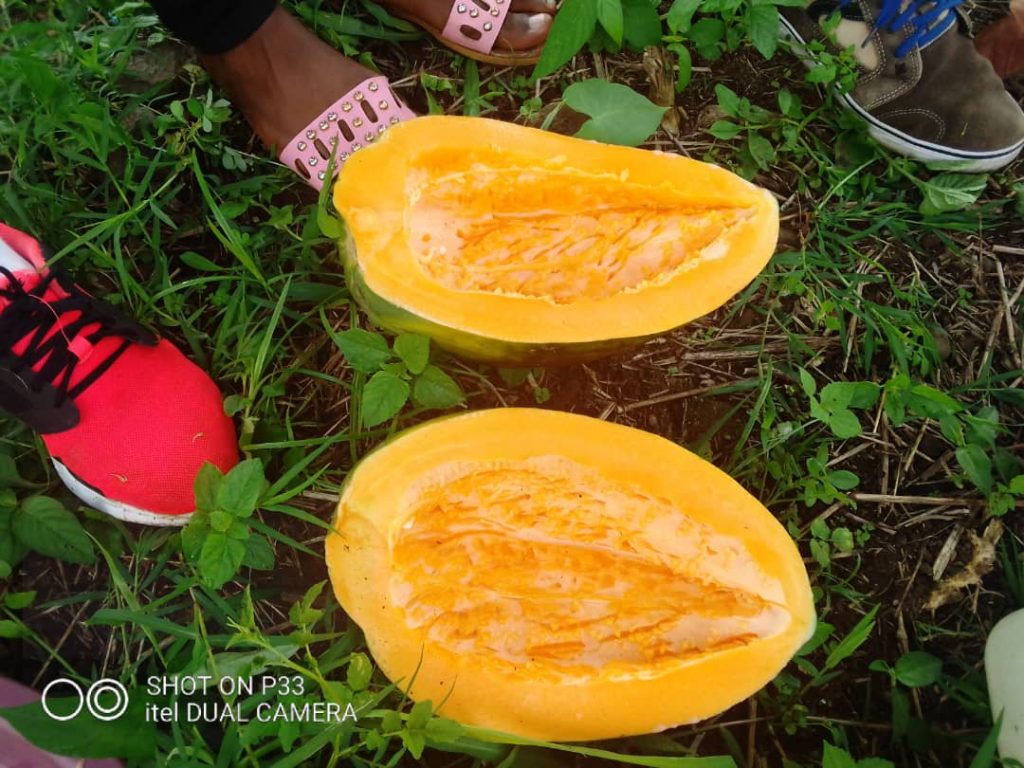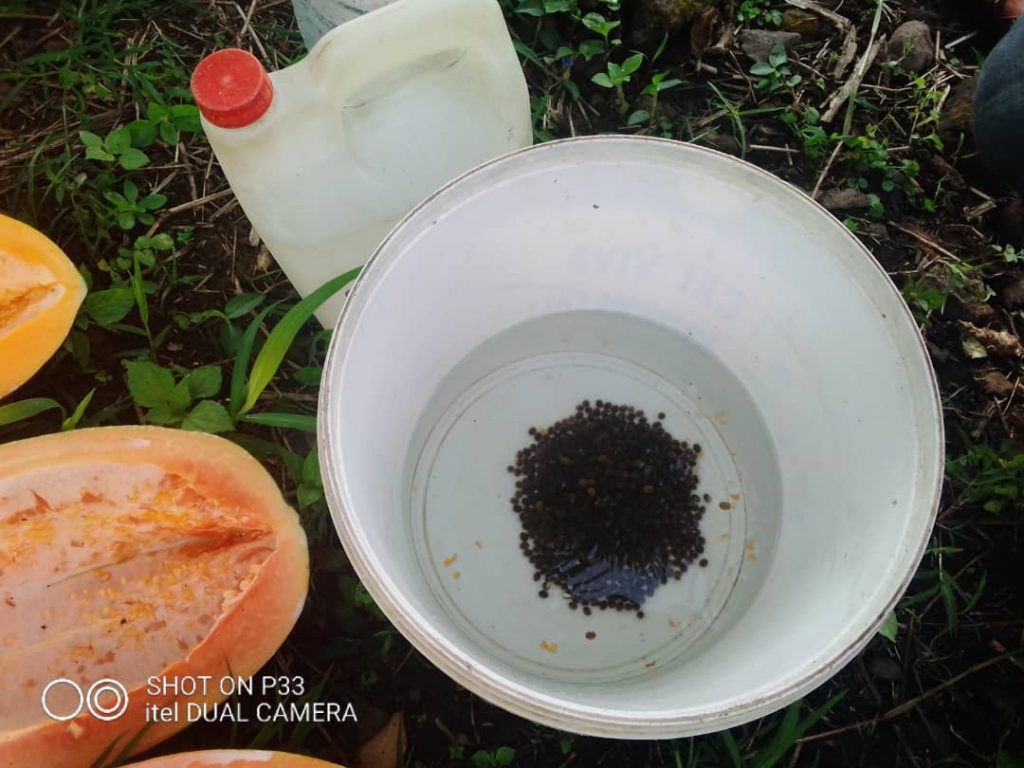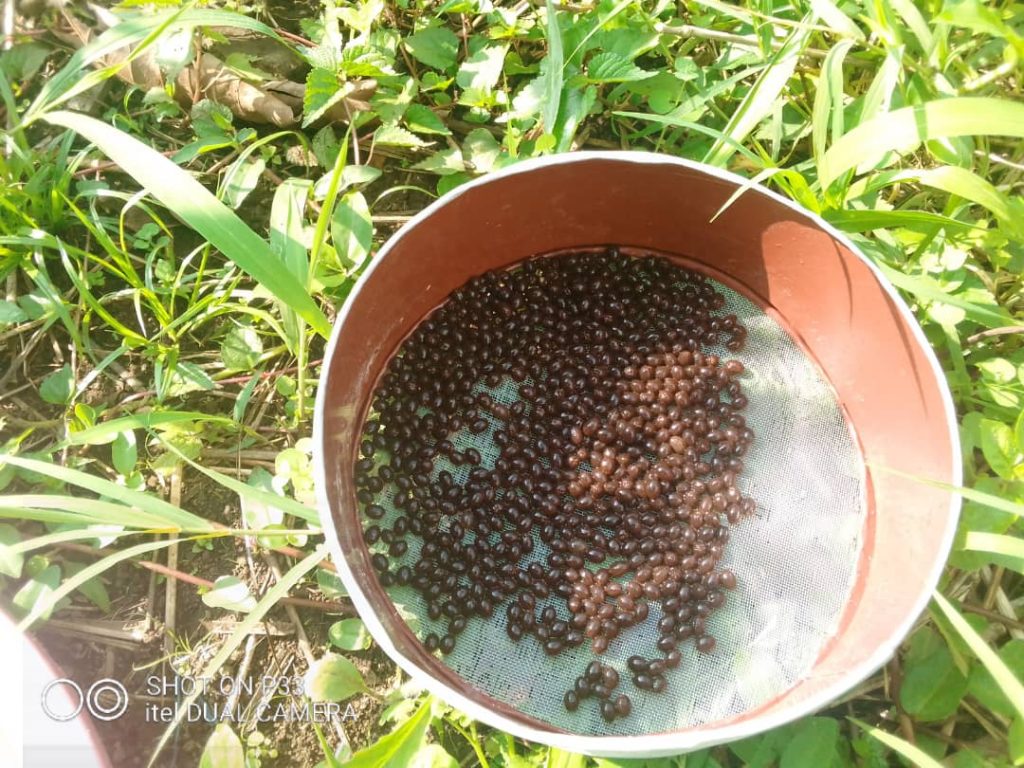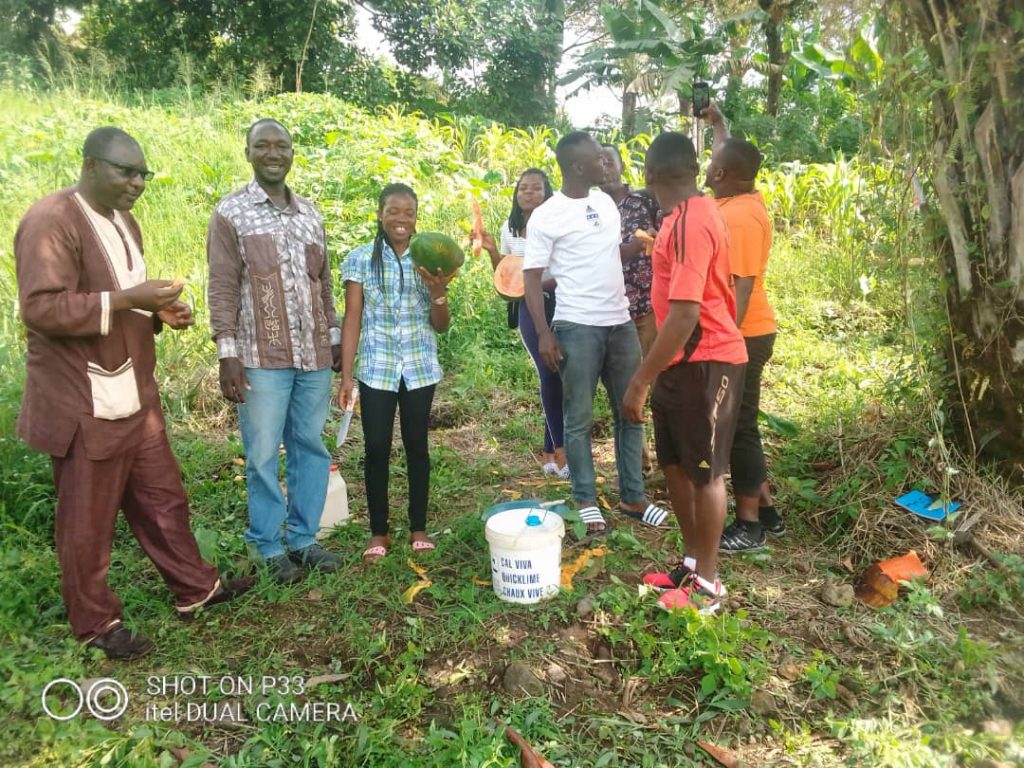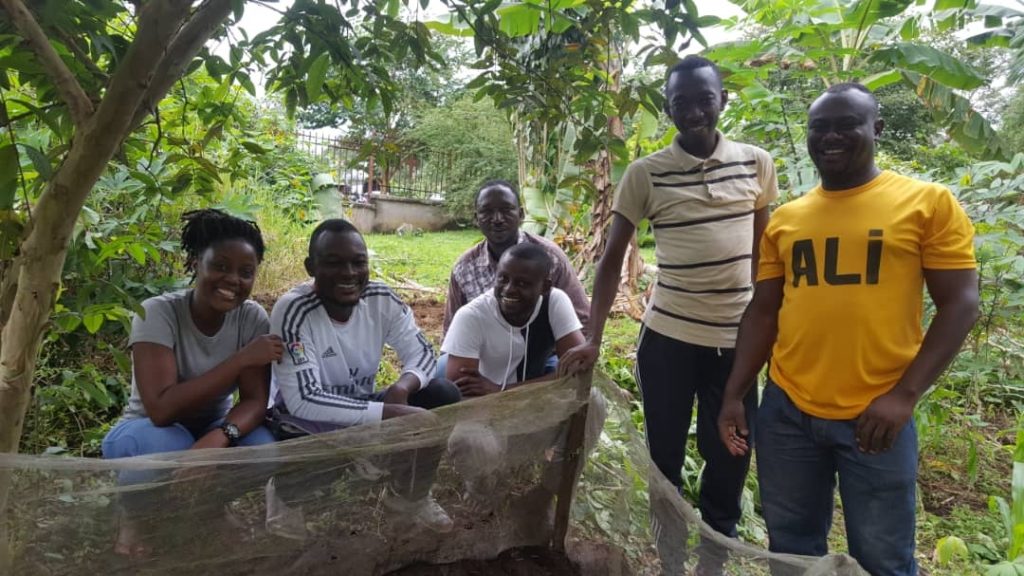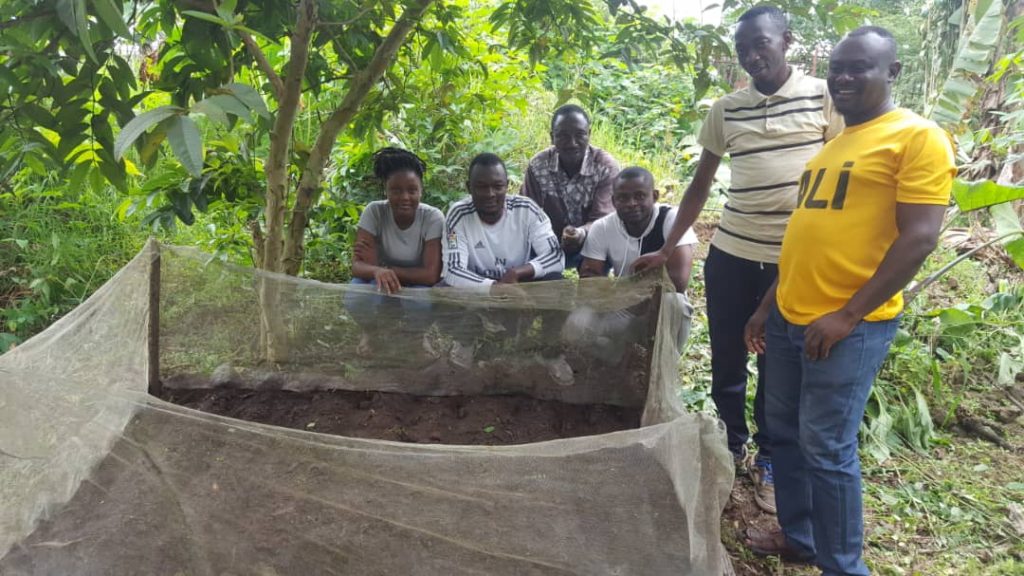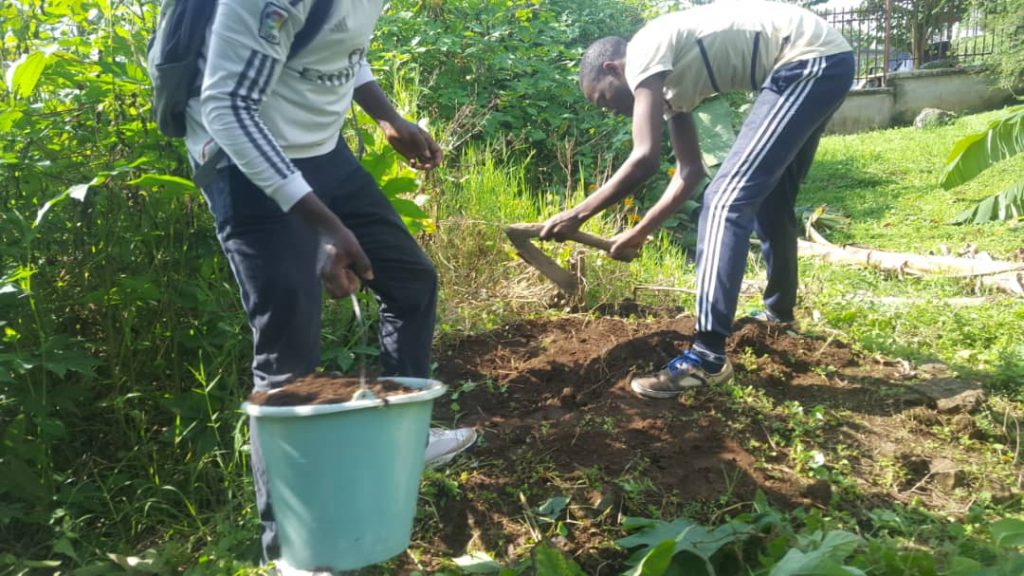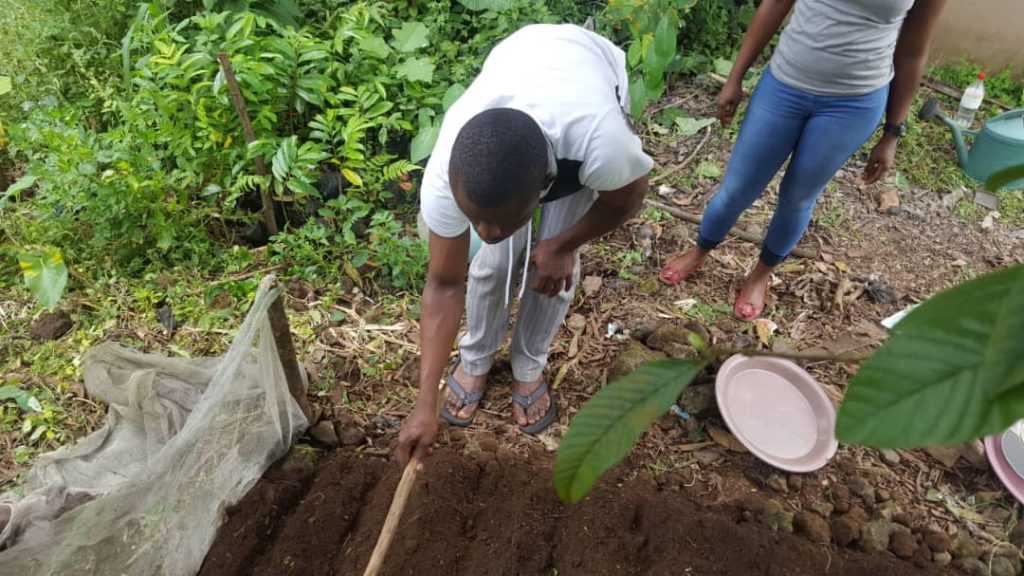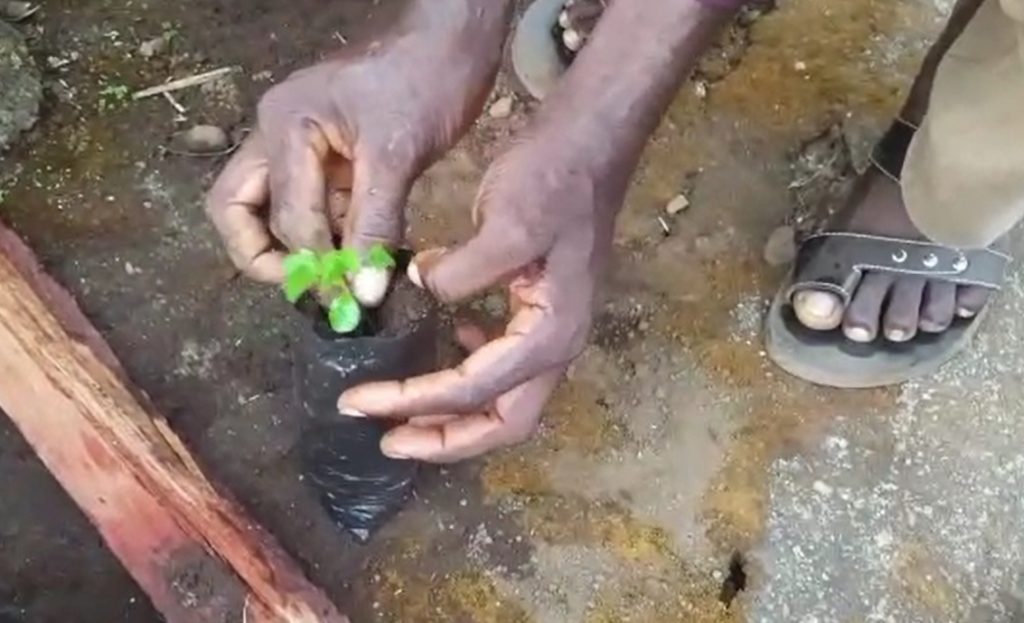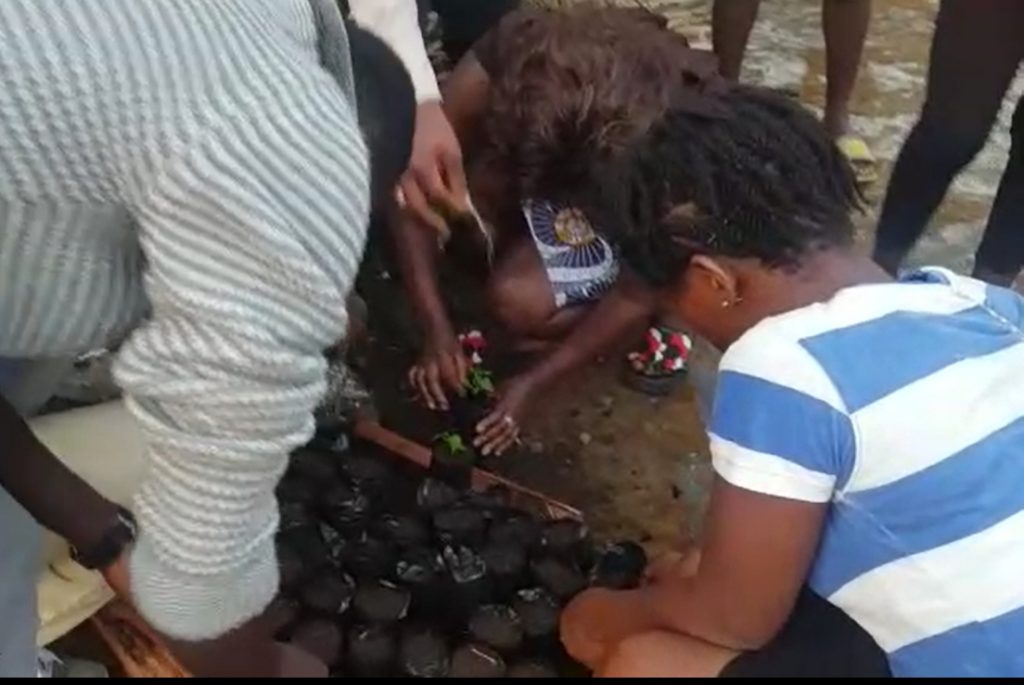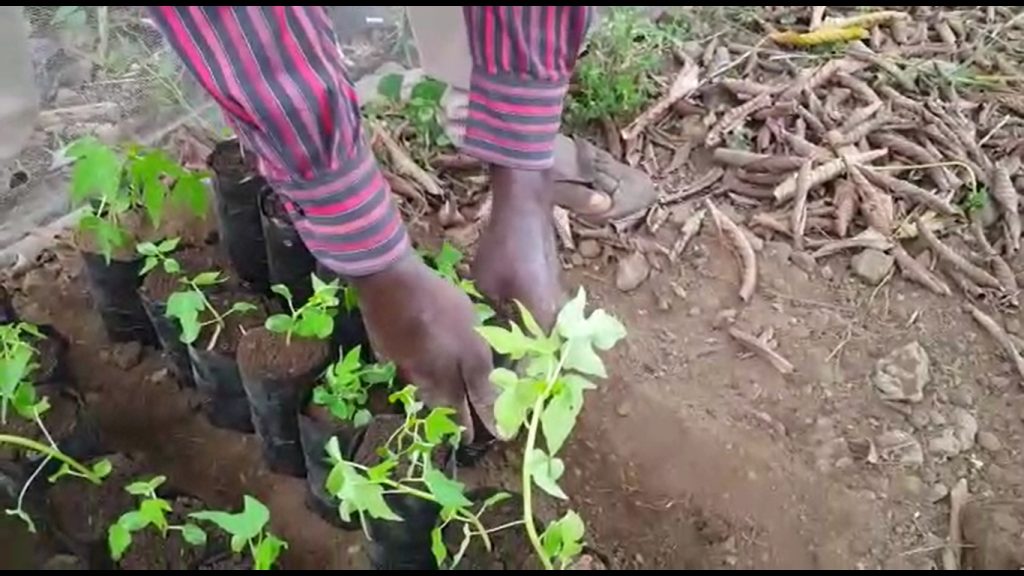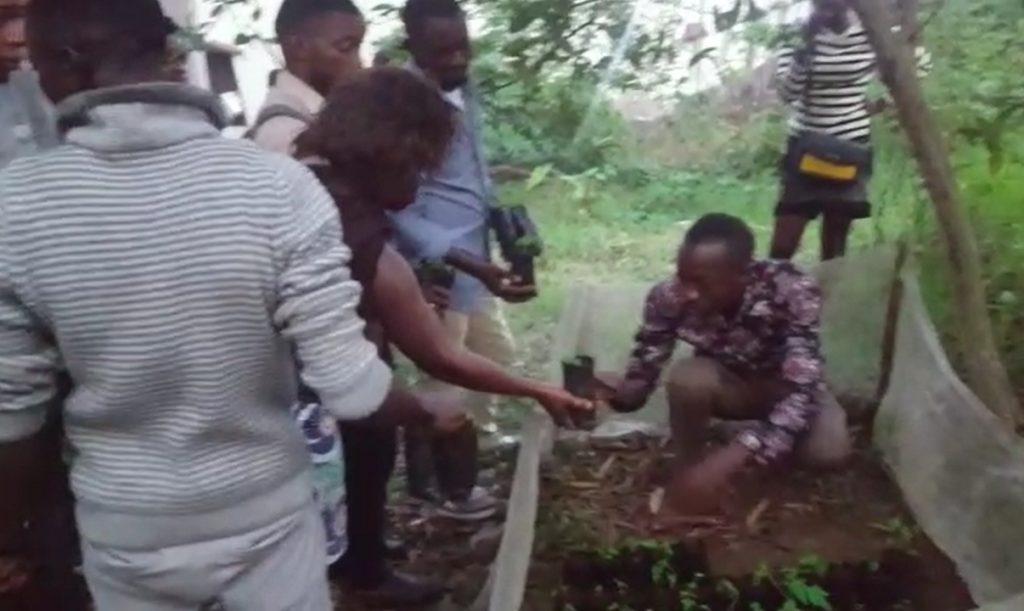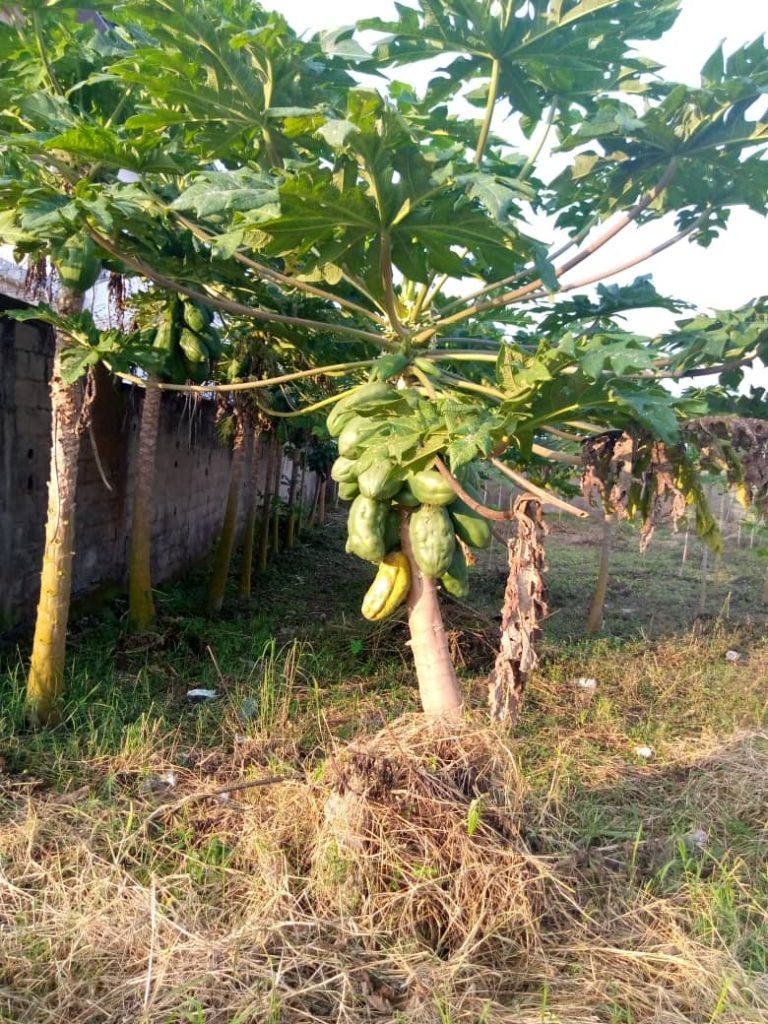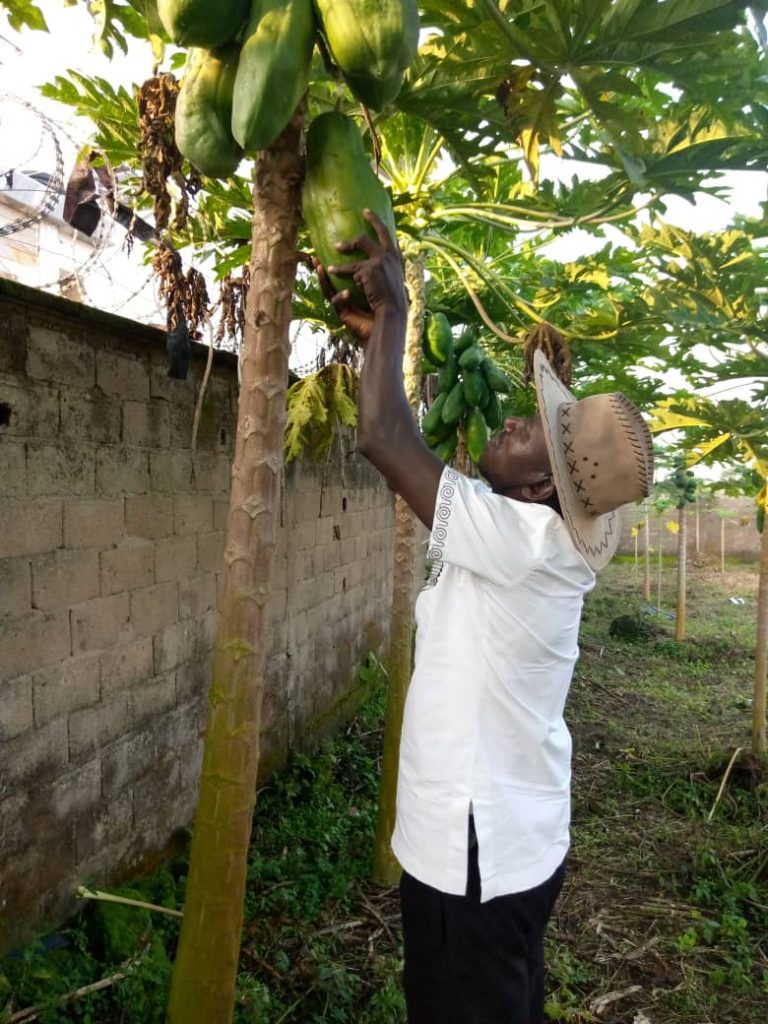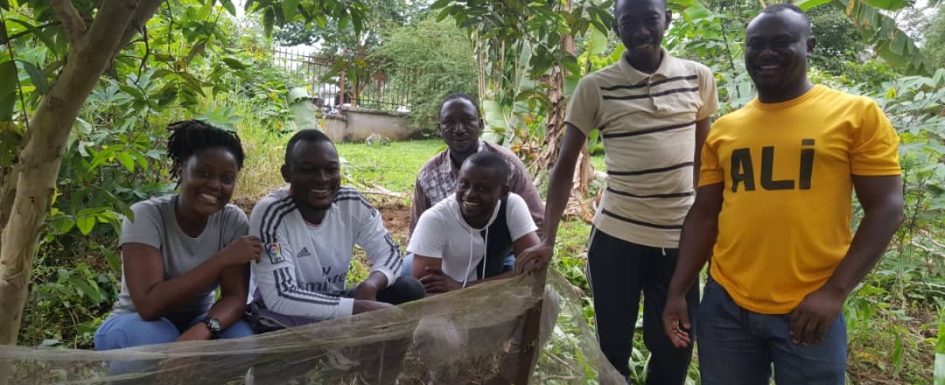
The project aims to bring young skilled and unskilled women and men together and to empower them by providing education and employment related to local agriculture and biodiversity conservation.
Full project title: „Showcase Pawpaw Nursery and Farm for Biodiversity and Agricultural Capacity Building“
Several practical training measures will lead to the development of a continuously running pawpaw nursery as well as a showcase pawpaw farm. Up to 40 young participants who show interest in local agriculture and environmental conservation will learn about the cultivation and sales of a local pawpaw species as a means of biodiversity conservation and to make up for income loss due to the current instability in the region.
The project will contribute to an increased awareness and knowledge about the positive social and environmental effects of local agricultural production with traditional plant species.
Please find here the complete: COMIHAS Pawpaw Project Proposal
The project builds up on experiences gained during a previous COMIHAS project that has been implemented from 10/2018 – 09/2019.
Project Details:
• Location: Buéa
• Beneficiaries: young women and men interested in local agriculture and environmental conservation, low income farmers, horticulturists, environmentalist, teachers
• Partners: Vivantes Humanitas e.V. & COMIHAS
• Supporters: Stiftung Für mehr Denken und Handeln (Foundation for More Thinking and Action), Germany
• Budget: 651.000 FCFA
• Project duration: 09/2019 – 08/2020
Impressions from first training session (November 2019)
Impressions from second training session (November 2019)
Transfer of the seedlings from the seed bed to the tree nursery (March 2020)
Pawpaw harvest (July 2020)
Soon, the little seedlings will become impressive pawpaw trees from which the project particpants will be able to harvest – just like the pawpaw planted in 2019 during the previous project phase.
The participants have progressed a lot with the farm and can now boost of producing seeds of the goliath papaya which was nearing extinction. This way, the project contributes to bring back the goliath papaya species in the region.
Current status (August 2020)
Of the 21 young people we effectively started with, some have picked up local jobs or have gone for vocational training, and some moved out of the region because of the raging crisis. However, the eight people remaining are very engaged and two have set up individual small papaya nurseries with the hope of starting their own farms next year.

